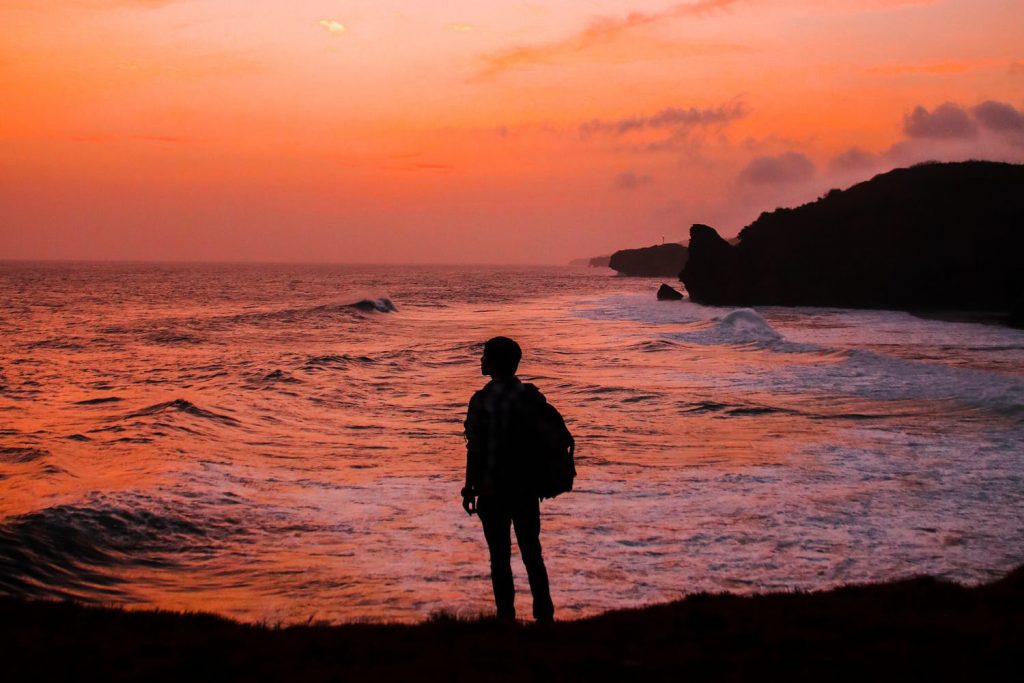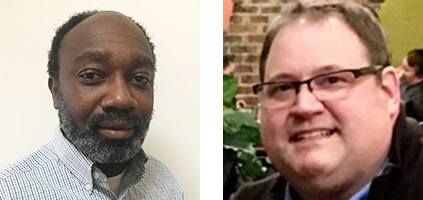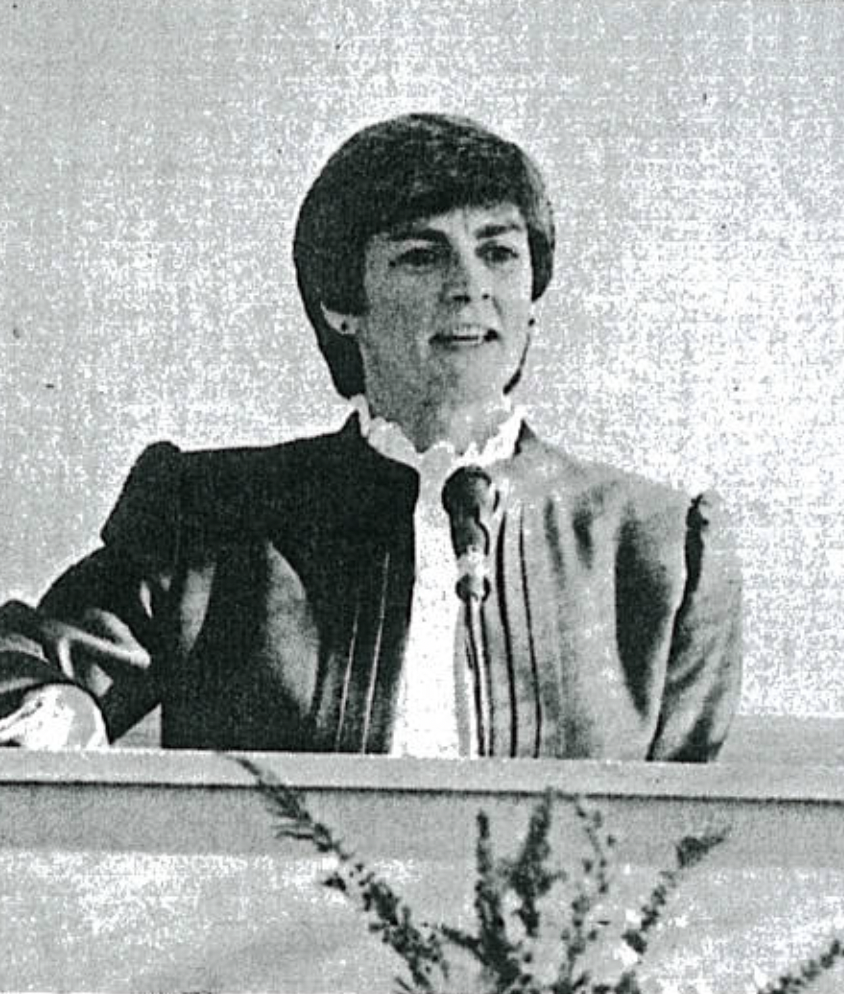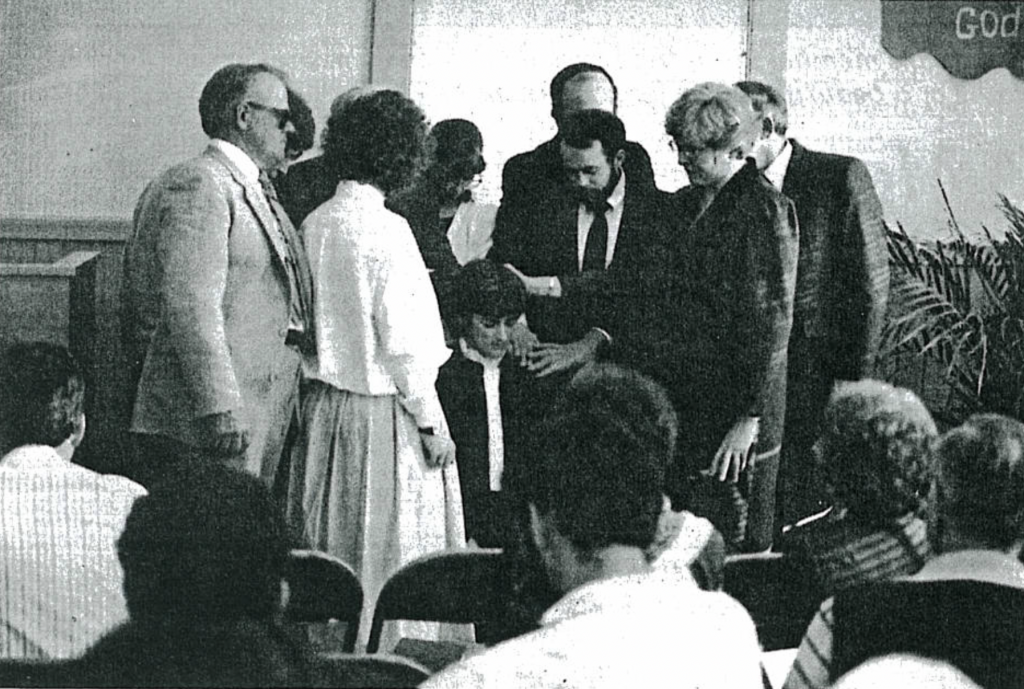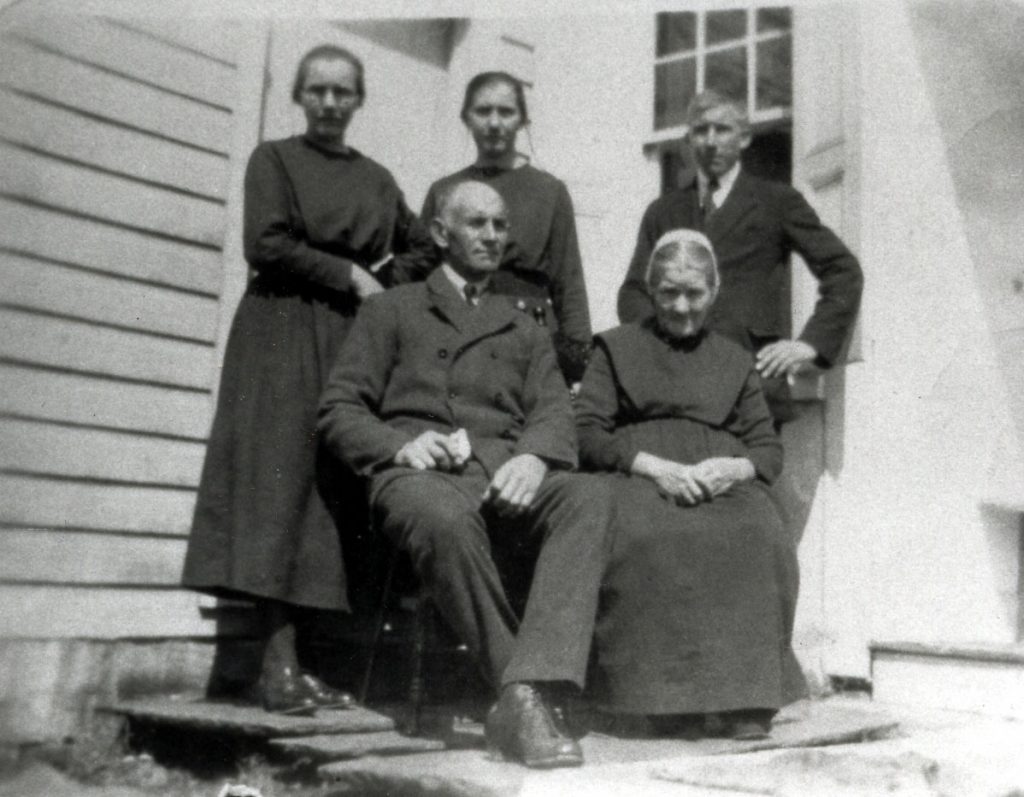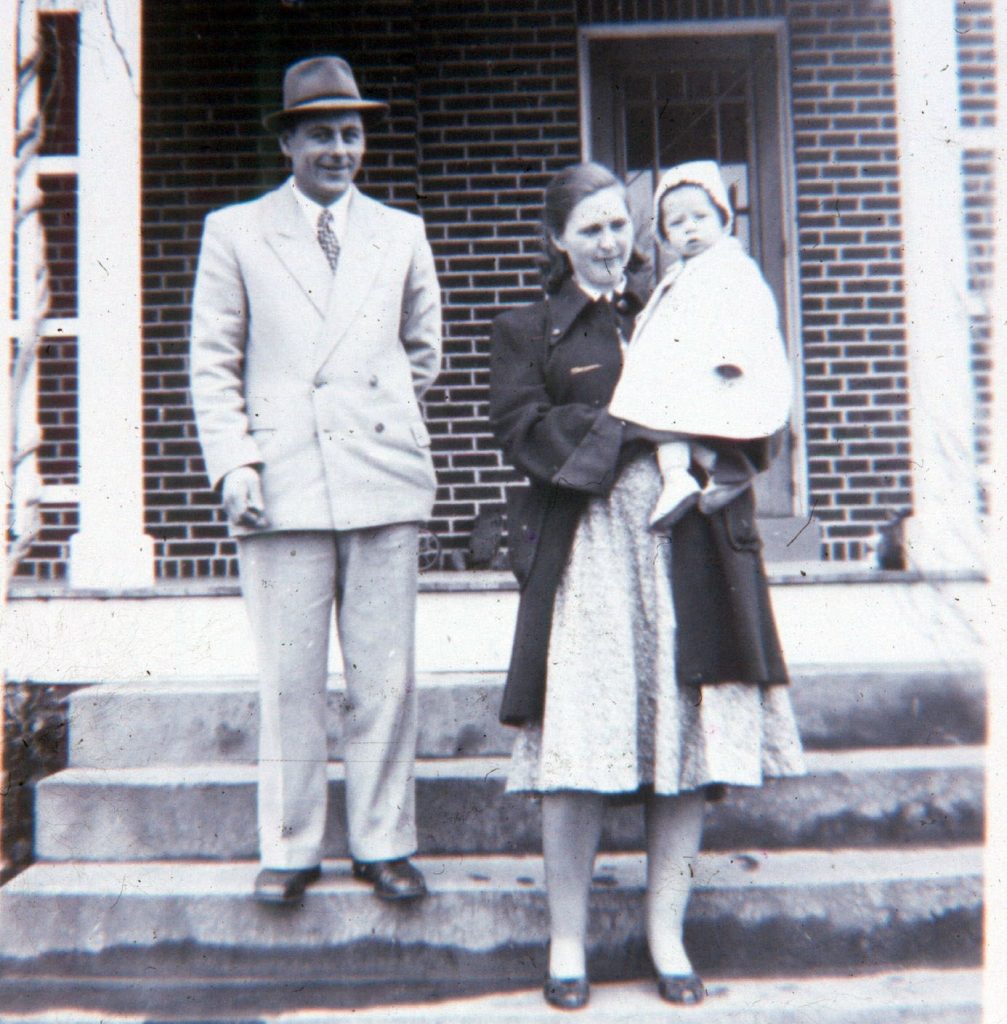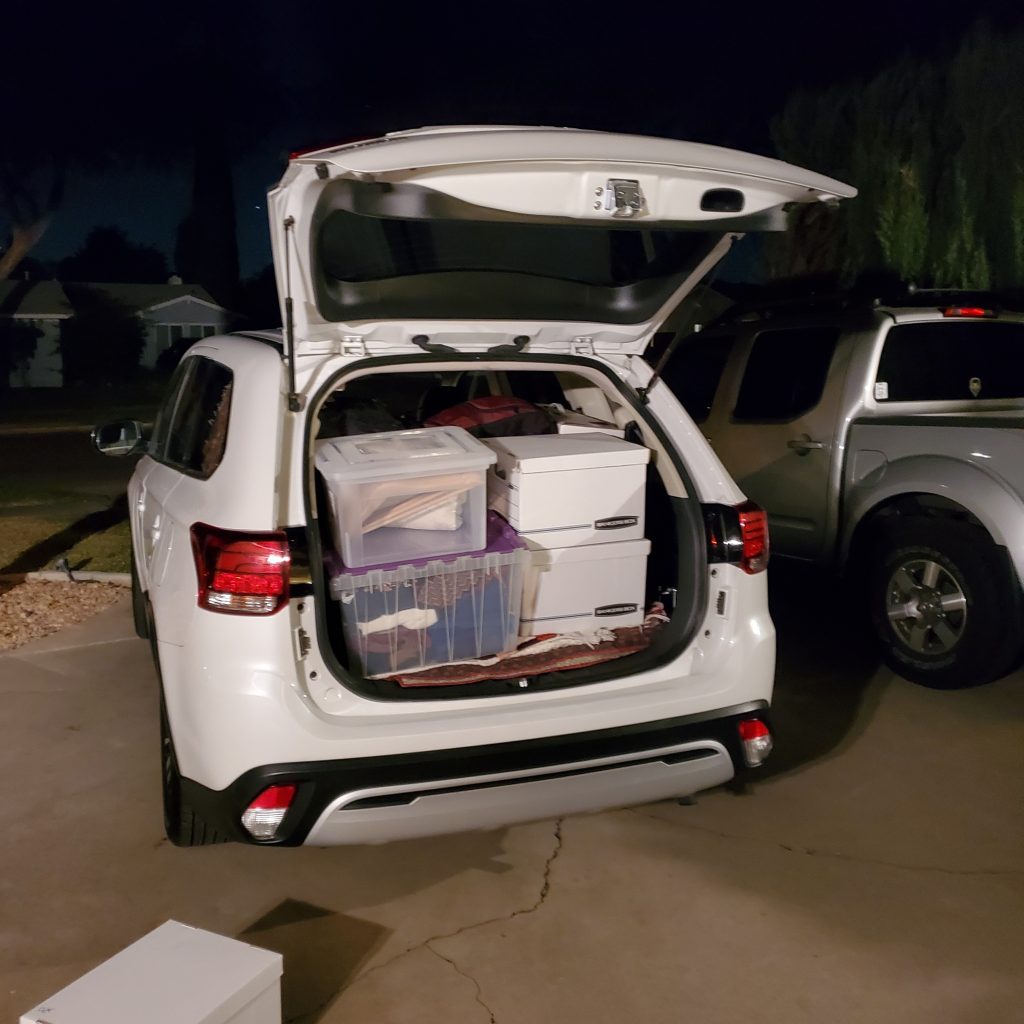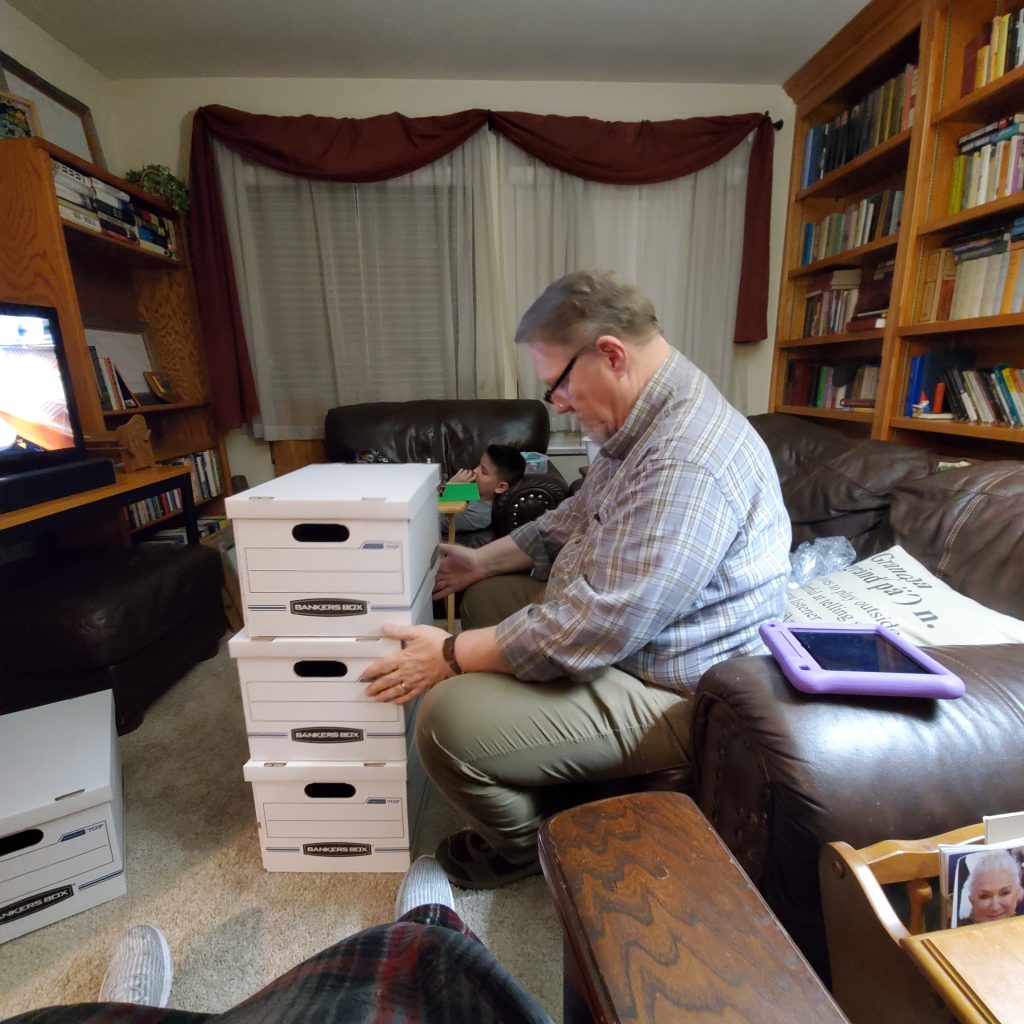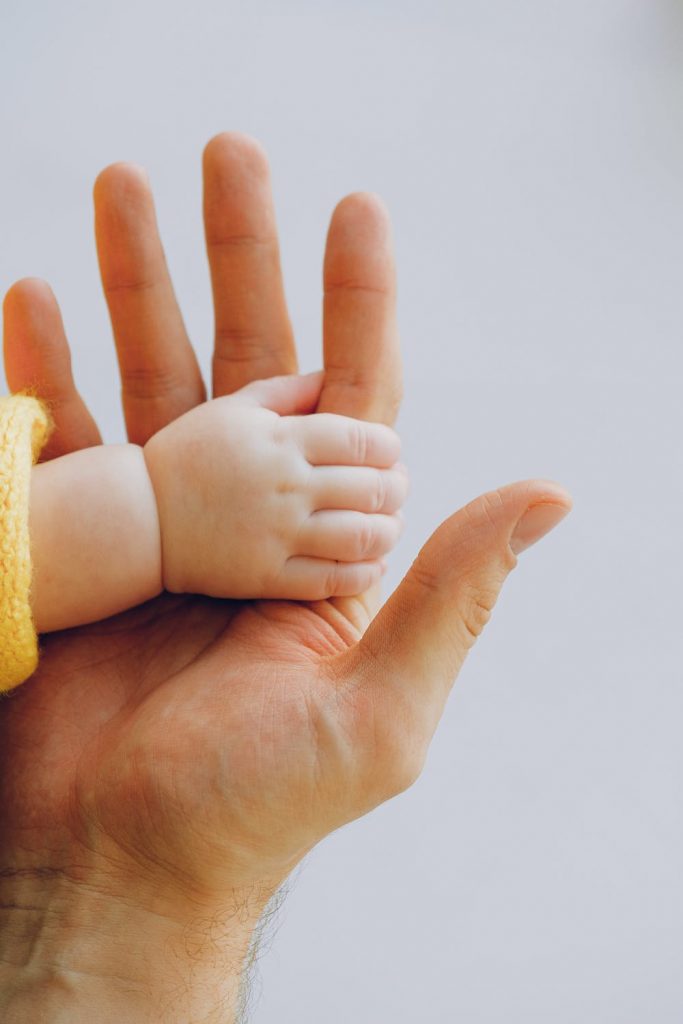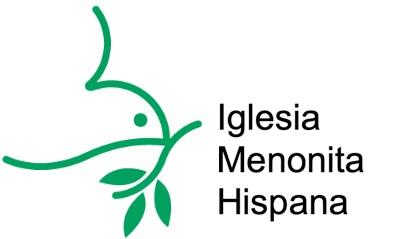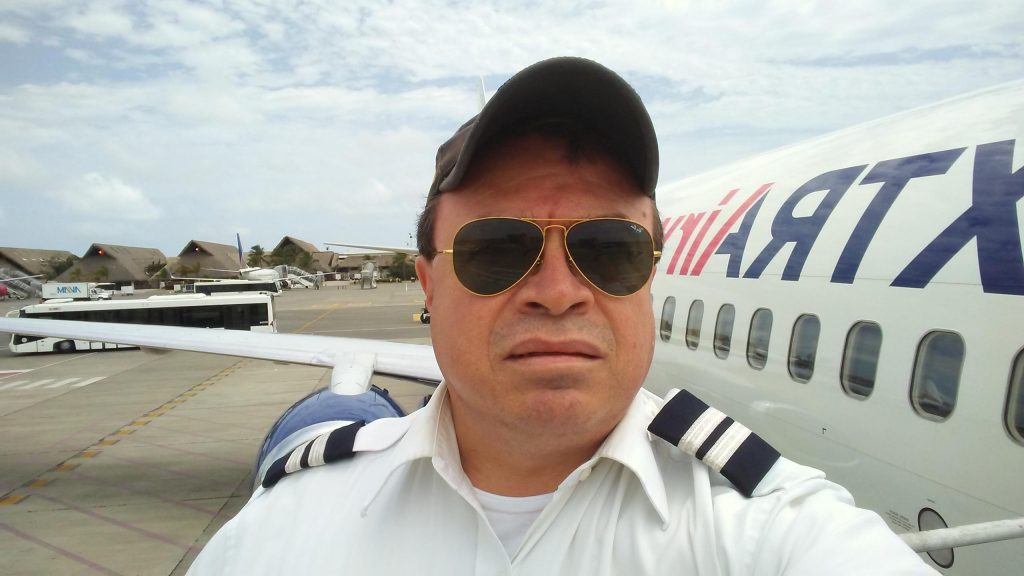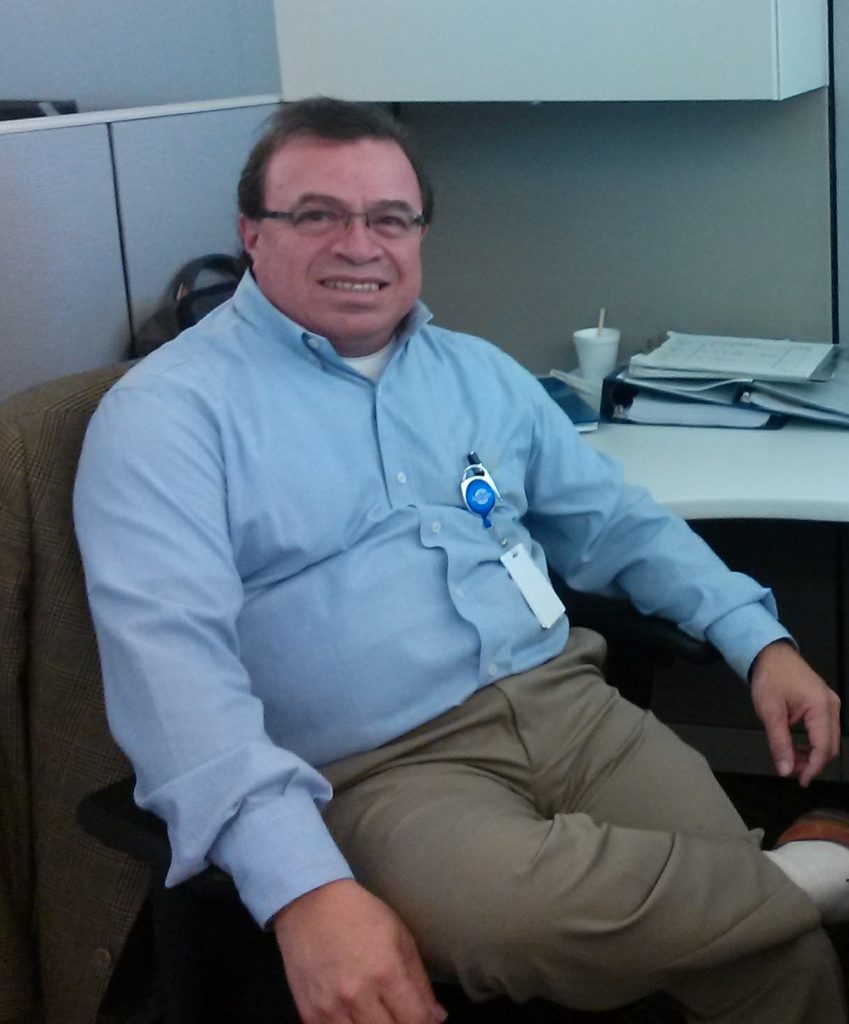Within a few days of the invasion of Ukraine, someone handed me a check and said, “I trust you’ll figure out what to do with this.” As a person of Slavic descent, I have been painfully aware of the situation in Ukraine. I have heard tales of those who left behind family in what would become the Eastern Bloc. I grew up with the fears of the Cold War. I have pastored alongside Ukrainians. The resistance of Ukrainians citizens quickly gets my attention.
At the same time, it has been difficult to figure out how to support and engage while our media blasts out images of the violence. I attended a prayer vigil at a Ukrainian Catholic congregation near my home. I took them sunflowers. I offered support as a neighbor, a Slavic person, and as a representative of Mosaic Conference.
Mennonite Central Committee (MCC) is Mosaic’s primary partner for response to the war in Ukraine. We carry within us the story of the martyrdom of Clayton Kratz. Over 100 years ago, Kratz, from the Blooming Glen (PA) congregation, volunteered to serve with MCC in Ukraine. While responding to the humanitarian needs among Mennonites and others in Ukraine, Kratz was arrested and never heard from again.
(Read more about MCC’s current work in Ukraine.)
We encourage continued support of our Conference Related Ministries (CRMs) that support MCC’s work. By donating, volunteering, or purchasing at the Care and Share Thrift Shoppes or serving to meet material needs through Material Resource Center, we believe that MCC’s long-term responses will meet real needs.
Additionally, some of us desire more immediate ways to be involved. Finland (Pennsburg, PA) Mennonite Church and Garden Chapel (Dover, NJ) have established prayer times for Ukraine. (See details on how to join virtually on in person.) Vincent (Spring City, PA) Mennonite Church is supporting initiatives toward refugee response through RescueNet and Pastor Dave Mansfield’s connections in Poland.
In offering support as members of the historical peace tradition, the challenge to differentiate between humanitarian aid and aid that goes to support the resistance in Ukraine is not easy. In these times, we need to be wise as serpents and innocent as doves in commingling with other responses. We want to be part of Christ’s ongoing witness of peace while also empowering those on the ground to respond to real needs.
Join other Mosaic congregations in prayers for peace in Ukraine:
Finland (Pennsburg, PA) Mennonite Church: Sunday evenings at 7:00pm, in person
This is a cross-generational gathering, ranging from toddlers to seniors, from many different congregations and denominations. We gather for a combination of hymn singing and prayer for Ukraine and Russia. For details or questions, please contact Pastor Kris Wint at kris@finlandmc.org, as gathering dates and times may vary weekly.
Garden Chapel (Dover, NJ): Sunday, March 20, 7:30ET, via zoom
All are welcome to join for a virtual candlelight service to honor those who have perished in Ukraine and to pray for the hand of Christ to move about the nations. For zoom link and other information, please click here.
For questions, please call/text Pastor Tim (973) 495-9219 or Maria Hart (973) 932-9993 or email thegardenchapel@gmail.com.
While considering responses to Ukraine, it’s important to remember that there are many armed conflicts also occurring that are just outside of our media views. The conflict in Ukraine is likely viewed differently than other conflicts because we see it more in real time through the media, while our biases and connectivity have put Ukraine in the foreground. Meanwhile, other conflicts have continued in place without the same level of attention, at times even supported by our own US government as aggressor.

Pastorally, I’d like to encourage each of us to respond in solidarity with Ukrainians nearby to us. There are Ukrainian communities throughout PA and concentrated in the New York City metro areas. Sometimes, our prayer presence of solidarity will be welcomed if we reach out to these neighboring communities with support, love, and prayer. For many Russian immigrants, this is also a difficult time as well.
The young priest, Father Oslap, who led the emotional prayer vigil I attended, translated his passionate homily to me in a few words afterward: We must resist. But we must not allow this incursion to teach us to hate.
As followers of Jesus, committed to Christ’s peace, we must also not allow this resistance to justify violence in anyway. We must continue to pray for both Ukraine and Russia and our own nation’s response.


